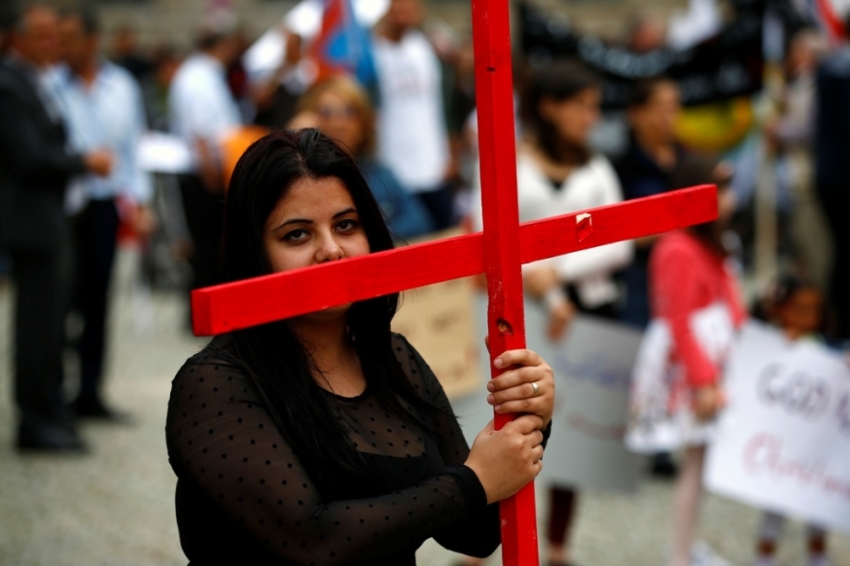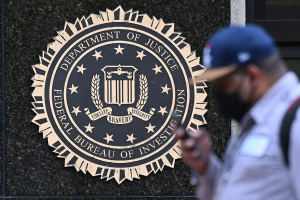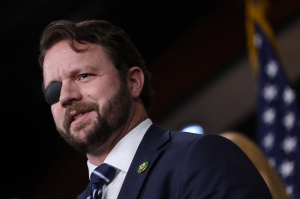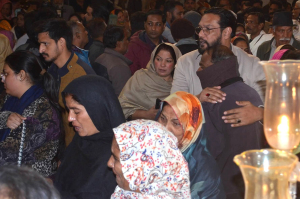Combating ISIS and Completing the US Mission in Iraq

CP: ISIS has crucified Iraqi Christians and hundreds of thousands have been forced to flee to the neighboring countries, such as Jordan, in order to save their lives. Can you talk about how Christians were treated in the country prior to the rise of ISIS?
Ghougassian: Christians have never been properly treated, or even considered in the U.S. equation, the U.S. policy in Iraq, it's our failure. It goes to Paul Bremmer [who lead the occupational authority in Iraq from 2003-2004] who failed to recognize Christians as another ethnic group to be protected — like the Kurdish ethnic group, the Turkmen ethnic group, the Shiites the Sunnis — we failed.
But the Iraqi government, this current administration, has miserably failed by not providing the security to take care of the Christians.
Only vaguely, after so many churches were bombed in Baghdad, did they begin to put at the entrance a meager number, two or three, police or military personnel to check who comes and who goes, but there is no protection.
I don't think that the government policy is to get rid of Iraqi Christians, I don't believe that. But they are not committed to protecting the Christians. And the Christians live in the same neighborhoods — and, of course, sometimes the next neighborhood — and they have their own villages, especially up north.
The province Nineveh, where you have the capital Mosul, this is where you have the Christians congregated in greater number. This is where you have the old monasteries going all the way back to the seventh and eighth centuries. This is from where you also have the Eastern Christian rituals and rights that were born by the Chaldeans and Assyrians, and all of them come from there — the monasteries are there today, very few, but they're still there.
The Islamic State is over there in that province. They are not good Muslims; they are criminals, because a good Muslim would remember what the Quran says — that you do not attack Christians and Jews, because there are people of the holy book.
They are not Muslims; they don't even know anything about Islam. They can't read the Quran and what it says because they are illiterate. They come from everywhere — from Iraq, Algeria, Tunisia, Chechnya, Saudi Arabia, Qatar, Afghanistan, Pakistan, and some from the Islamic province in China. And you have to add, of course, all of the Sunni tribes. The predominate terror group in Iraq has been al-Qaeda, and now militants are also working with and joining forces with the Islamic State.
It's a difficult situation. I understand that 50,000 Christians left villages in the province of Nineveh and have defected to the province of Erbil. There are also Christian communities living among the Kurds. The Kurdish government and its leader, Jalal Talabani, have contributed funds for the construction of churches in Mosul and a Chaldean cathedral.
[After the new Iraqi government was established] there were cases of religious discrimination against Christians going on and human rights violations. In 2010, then President Jalal Talabani announced that he was going to set up, in his office, a position among senior advisors for religious matters and human rights, but that never came about.



























